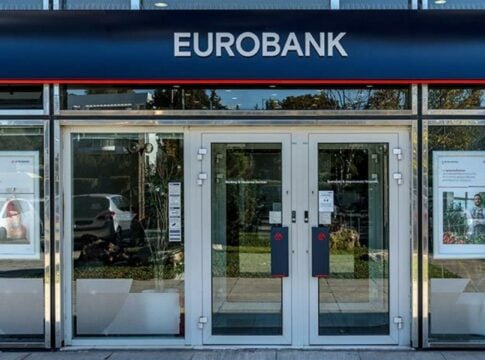The real estate seems to be entering a downward cycle in European and other countries, however, the Greek real estate market is facing challenges, but it is expected, under normal conditions, to continue to grow as a result of the special characteristics of the domestic market and the fact that Greece is not in recession.
As the managing director of Prodea Investment, Aristotelis Karytinos, pointed out in “Naftemporiki”, the Greek real estate market is not the same. Residential real estate moves at different speeds compared to office spaces, logistics, etc.
Theodoros Mitrakos, director, management consultant and former deputy governor of the Bank of Greece (BoG), also speaking to “Naftemporiki”, listed three challenges that are recorded in the real estate market.
According to Mitrakos, “under normal conditions, the real estate market will continue to grow, perhaps at a slower pace in the coming years, as far as residences are concerned. The main challenge – danger for the Greek real estate market is that the recession that is now being observed in Europe will also affect Greece and due to the general course of the economy, the real estate market will also be affected. Also, there is the possibility that foreign investors will turn to other markets, more developed than ours (USA and Europe) which, because they are now correcting, are estimated to show more attractive returns.”
The second big challenge, according to him, is “the energy upgrade of the building stock. There are specific directives within the EU and Greece will not be able to respond unless additional measures are taken. The program ‘Energy Saving’ is not enough when 95% of houses are over 15 years old and 85% over 20 years old.
The third challenge is the imperative need to support Greek household income to meet housing costs. The share of housing costs in the disposable income of households in Greece was 34.2% in 2021, compared to 18.9% in the EU, while housing affordability (in terms of price-to-income ratio) has deteriorated significantly since 2018.
As the Bank of Greece executive pointed out, “there is also a risk from the increase in interest rates that may contribute to the creation of a new generation of bad loans”. More generally, he underlined that “the problem of housing costs, if immediate measures are not taken, will become explosive in the coming years”.
On his part, Karytinos noted that “the market is affected by the increase in interest rates and construction costs.”














